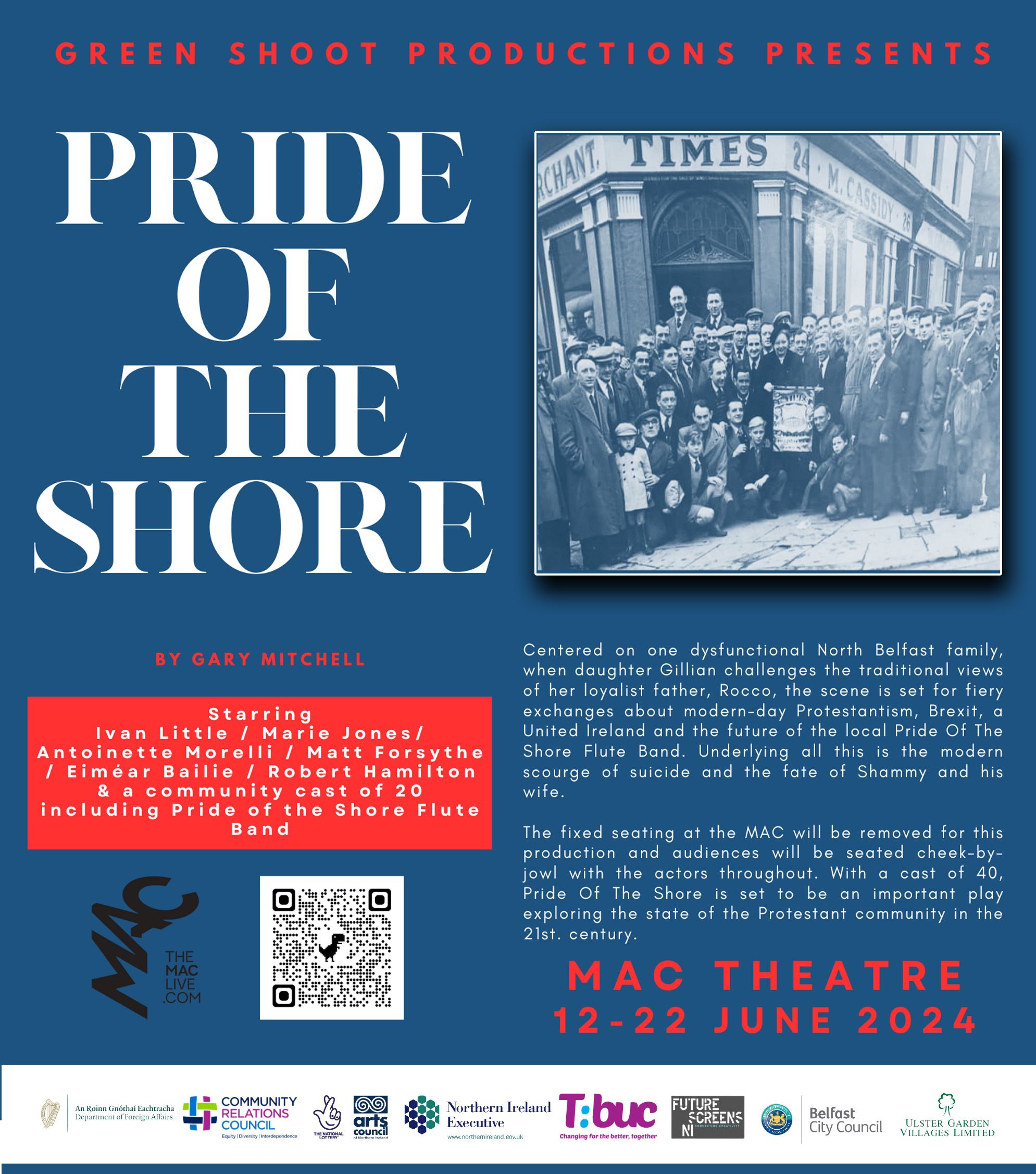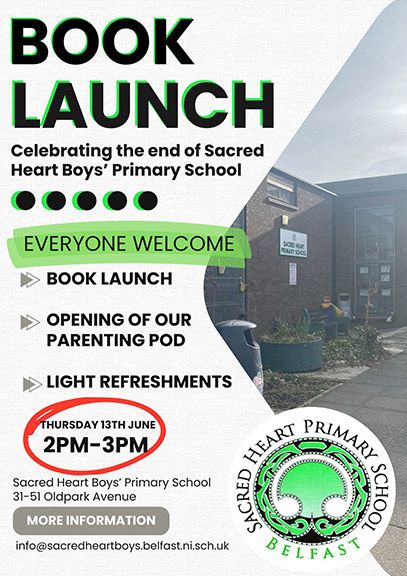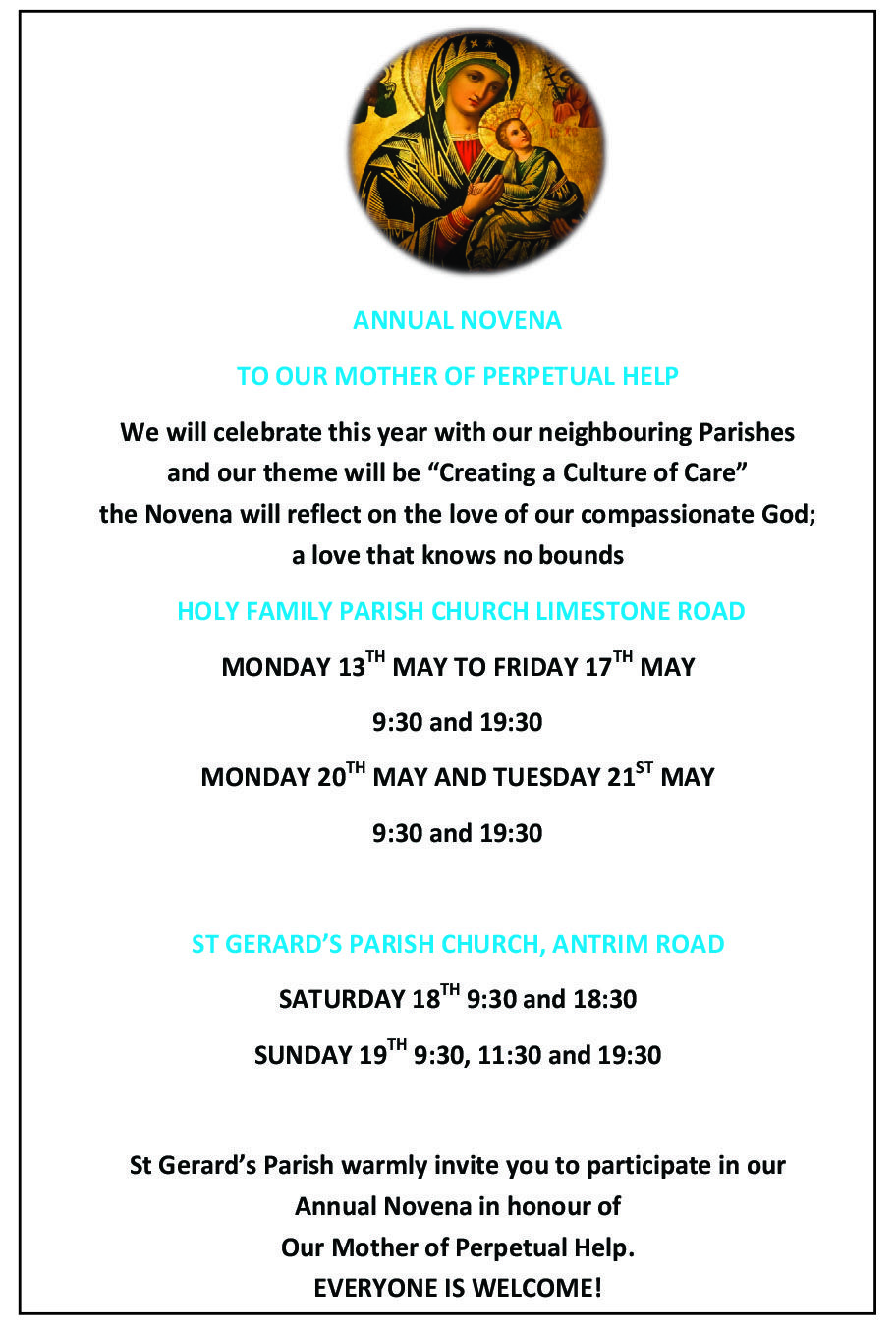IAN Jeffers became Victims Commissioner in the same month the British government published their Legacy Bill. The office was predictable clunky in response while experienced advocates across Ireland engaged comprehensively with these heinous proposals. However, Mr Jeffers recovered some credibility by launching his office’s findings on the needs of the bereaved of the conflict and recommended a scheme of reparations for all bereaved. Albeit in his last week in the office.

Our peace process was marked by deals which included British government side deals of financial packages to some groups of veterans and the relatives of state agents. Meanwhile, the vast majority of victims were neglected. This ignoble position is leading bereaved relatives to apply to the Payments Scheme for the Injured, despite the majority being ineligible, or having to “prove” permanent psychological injury.
Following extensive lobbying by victims groups, the Victims Commission has belatedly added its voice by proposing dedicated payments to the bereaved of the conflict. The proposals offer a menu of options. They adhere to the definition of victimhood by focusing on surviving relatives.
Some decided to see controversy in this. Unsurprisingly, some of the voices that previously promoted the exclusive schemes for state actors shouted “Terrorists!” when asked about the Commission’s proposed inclusive scheme.
When these predictable debates begin some in the media think it is legitimate to pitch victims and survivors against each other. Given the lasting impact of trauma there is much for the cynical to feast on – tears, pain, heightened emotions and drama. While families and survivors spend decades trying to find peace and calm and healing, the cynics in other spheres will manipulate as hard as they can to undo that hard work.
In a year when the Legacy Act has caused devastating emotional and psychological harms to families across our two islands, the response by some elements of the media and some in the political sphere has been predictably uncaring, but also irresponsible.
You can disagree with/lambast Victims' Commissioner Ian Jeffers all you want, but the simple reality is there can be no 'fair' compensation scheme and every effort to date to acknowledge that simple reality has been shrilly shot down. Why? In large part because it's so, so easy.
— Squinter (@squinteratn) January 8, 2024
No-one won our conflict. Peace came from acknowledging mutual harm and a commitment to peace in the future, with all actors keen to save the next generation from more conflict. However, the peace has been messy and the past and victims have been treated as legitimate sites of conflict. Instead of promoting human rights for all, learning lessons based on truth and justice and identifying what actually happened to ensure it is never repeated, the area of legacy is where some choose to try to win their war. The bones of the dead are rattled too regularly, while the living are disregarded.
A mother whose life was destroyed with the irreparable loss of a child, no matter what age they were.
The sibling who says they lost their parents to the trauma of the killing of their brother and were forced to become a carer on that day.
The child who has no memories, only stories.
The life partner whose entire universe crumbled.
Is anyone entitled to win their narrative of who was right and who was wrong in our conflict on that trauma? Are we not better than that? Can we not determine that healing for all the living is better than hatred for some of the dead?
The sums of money proposed are relatively small but offer our society’s hand of acknowledgement and hope for the future. Surely that is worth investing in.








